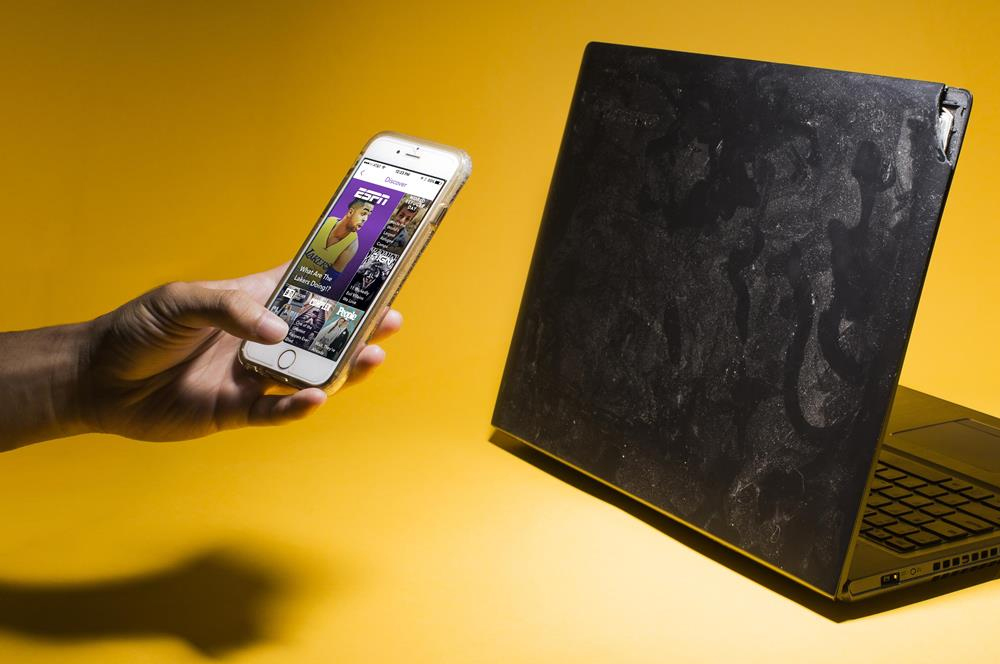YOUTHS! Always with their fidget spinners and their Snapchat and their Instagramming. Or to translate it into slightly less curmudgeonly language: This is a digital generation of cyborgs who store their memories in pocket computers and must always be staring into one screen or another. Or must they?
A RECENT SURVEY FOUND THAT 25 PERCENT OF AMERICAN TEENS THINK THEY COULD GO A MONTH OR MORE WITHOUT USING A LAPTOP.
Could you go a month without a laptop? For many adults, the laptop is the touchstone digital device. Sure, it’s not in your pocket, but it’s where you return when you need to create instead of consume, see someone’s face properly on a video chat, tap out spreadsheets, respond to apartment listings.
Teenagers, though, don’t need to do any of that — and when asked what technology devices they could live without, perhaps they didn’t think of what they write college essays on, but on how they talk to their friends, store selfies and log in to their private Twitter accounts (that’s where the real angst comes out, y’all). After all, the same survey showed that 71 percent of those ages 13-17 couldn’t go a week without a smartphone — 38 percent couldn’t go a single day.
Research published earlier this year in Psychological Science found that teenagers’ well-being increases with screen time, up to a tipping point — and that tipping point differs by device: Teens could use a laptop for more than four hours a day before their well-being started dropping, while a smartphone’s usefulness maxed out after less than two hours — though those associations were weak, and the study concluded that digital engagement on the whole isn’t bad for teens. Dr. Amy Bleakley, a senior research scientist at the University of Pennsylvania’s Annenberg School for Communication, says there’s no scientific indication that certain ways of consuming media are worse for teens. It’s the content, not the device, that determines such effects.
So what does this mean for the future? Does this uncanny ability to function without a laptop mean these teens will turn into young adults who simply don’t need one, that the end of the laptop era is fast approaching, that one day the Macbook Air will turn to dust in our hands? Scientific answer: Eh, maybe. “It’s hard to say what will be obsolete or not as teens become young adults because digital technology is changing so rapidly,” Bleakley says. “However, teens’ media needs and gratifications do shift as they mature.” Perhaps the laptop may just live to see another generation. Or not.

